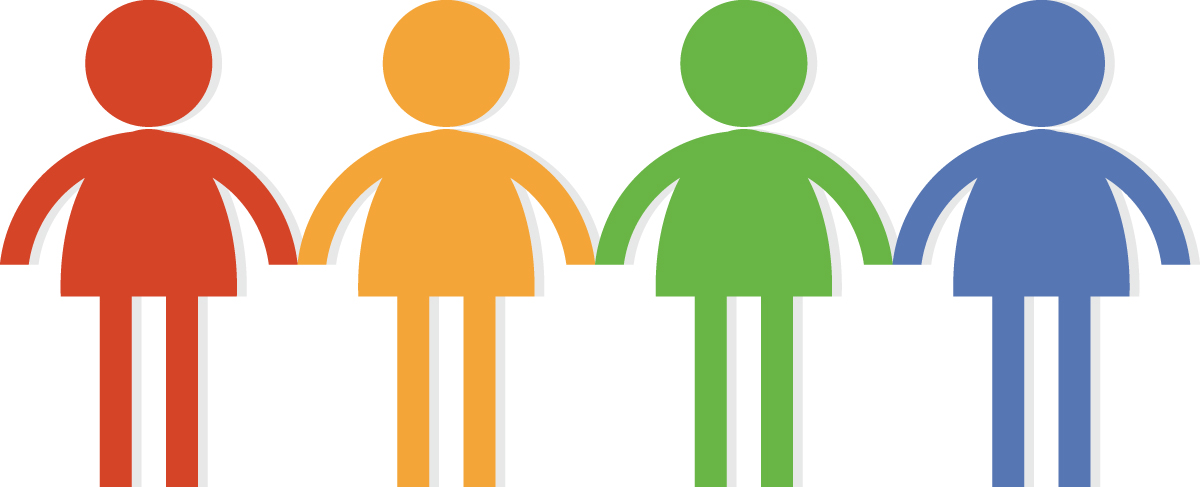Earlier this year I wrote about the state of impact assessment. Under the auspices of the Civil Society and Testing Change project, I recently helped convene and facilitate a discussion to further exchange learning on this topic, and brainstorm how we can make our ideas more actionable. Some of the ideas shared at this roundtable are below.
Some key variables to consider:
- It is important to stipulate how you are defining impact, and whether your purpose is to validate your impact and/or to improve it. Find ways to keep your focus on impact, however a group defines it.
- Building community and trust is an important aspect of being truly inclusive. It was noted that cultural interpreters can help to involve a greater diversity of people/stakeholders. The Global Fund for Community Foundations is beginning to look at social capital indicators – who comes to meetings? who contributes? what local assets are being mobilized? as ways to demonstrate engagement that will lead to impact.
- Although there is a lot of focus on collecting data, it is critical to know what you plan to do with the data you are collecting. Especially vis a vis using technology to gather data, it is important to not lose the focus on people and relationships.
- Since impact can be hard to assess, can we use proxies such as trust and learning to try and get at impact?
A discussion ensued about the importance of recognizing that many of the systems we are working within are broken or poorly aligned with goals of inclusiveness and that we need to work hard at creating opportunities for true engagement and power sharing. Some important questions to ask include: Who is part of the community? How do we equalize roles? What conversations should we be having? Why does [x] matter to us? When we take the time to build trust and co-create we get insights into how and why contributions are made for the good of the community, assets are mobilized, and what can be effective and sustainable pathways.
It was also noted that data can be used to keep the status quo or upend it – we should keep our focus on changing paradigms where we can and not just making small changes to ineffective systems.
Challenges
Some challenges that were raised:
- Our language and processes can put up barriers to engagement.
- It can be easy to get overwhelmed by large amounts of data; we need to better learn how to analyze it and use it towards meaningful action.
- Different donors often request organizations to look at different indicators – how does an organization align potential indicators in the most effective way to assess its own impact?
- Who does impact assessment have to come from to be credible?
The next step for the Civil Society and Testing Change project is to have a global working group on impact assessment develop some ideas for GlobalGiving to test. Stay tuned!
Some Additional Resources on Impact Assessment
A Guide to Actionable Measurement
State of Evaluation 2016 (U.S.)
A Short Primer on Innovative Evaluation
Re-envisioning the final report
International Engagement for Impact in a Changing World
(See this post for additional resources)
More on the Civil Society and Testing Change Project

